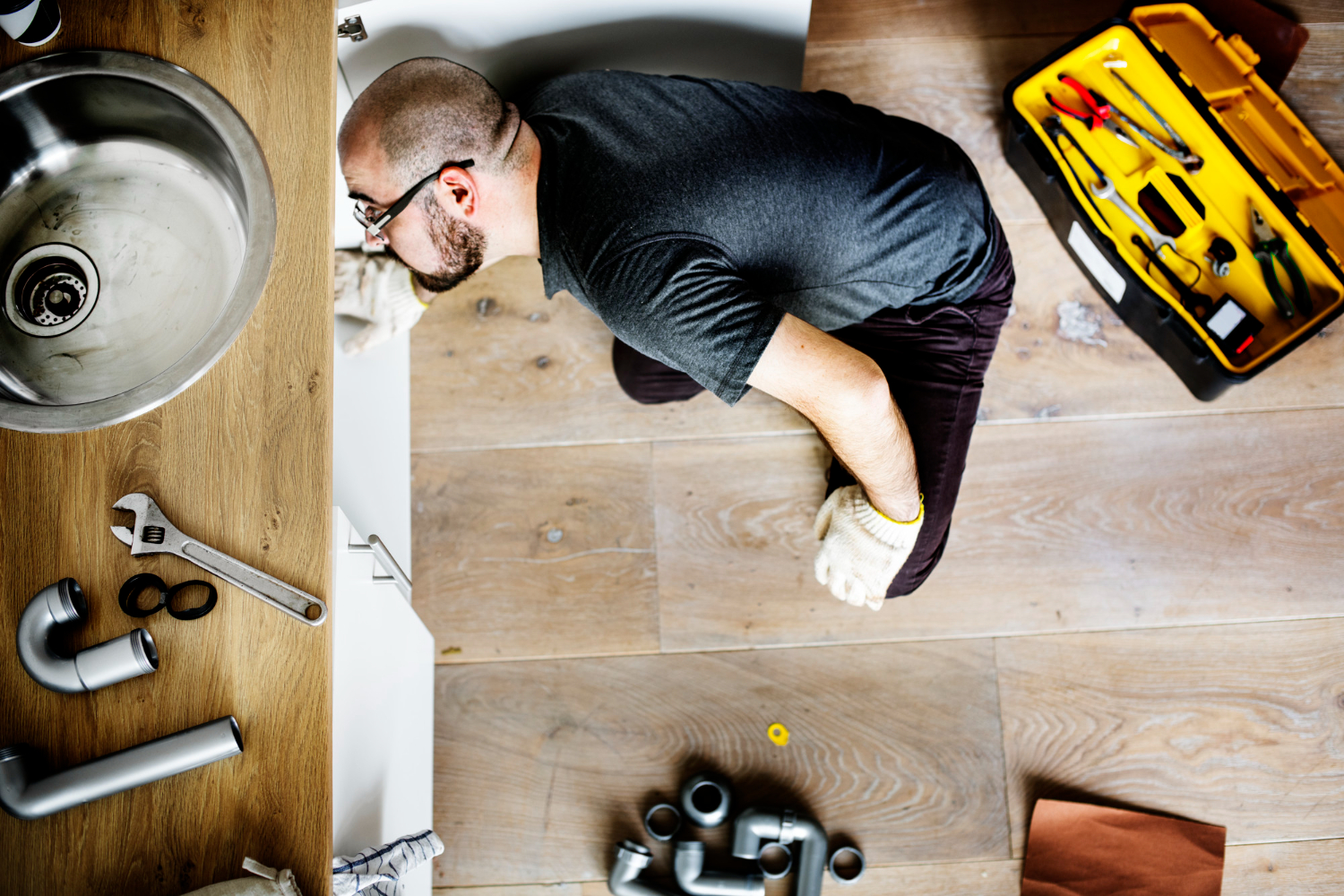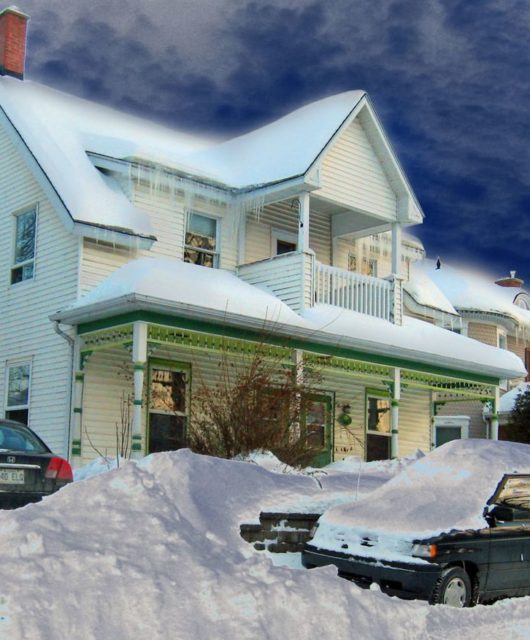What Types of Items Can Cause a Clog in Your Drain?

Have you ever had a clogged drain that just won’t seem to clear no matter how much you plunge it or use home drain cleaning methods? Clogged drains can be incredibly frustrating, not to mention messy and smelly. But before you call a plumber for a professional sewer drain clog remover service, it’s helpful to understand what types of things commonly cause clogs so you can try to prevent them in the future. Here are some of the most common suspects when it comes to clogged drains and pipes in a home.
Table of Contents
Food and Grease
One of the most common culprits of clogged drains is food particles, especially fats, oils, and grease. When greasy liquids like cooking oil, bacon fat, or butter wash down your sink, the fat congeals and sticks to the sides of your pipes. Over time, this greasy residue accumulates and begins to obstruct water flow through the pipes. Food particles like rice, pasta, egg shells, and vegetable peels can also get lodged in drain traps and pipes, causing a bottleneck.
Hair
If you have long hair or share a bathroom with other long-haired folks, wads of hair winding up in your drains is probably a familiar nuisance. As hair washes down the drain, it tends to knot and tangle around itself or other debris in the pipe. Gradually, all this hair collects and wraps into a mass that blocks the pipe. Shower and bathroom sink drains with small openings are particularly prone to clogs from hair.
Dental Floss
You might be surprised to learn that dental floss is capable of clogging drains, but it makes sense when you think about it. Like hair, dental floss is stringy and tends to knot and tangle around itself when wet. So if you wash floss down the drain, it can collect with other gunk in the pipe and eventually impede water flow.
Baby Wipes and Hygiene Products
Many people mistakenly believe that so-called “flushable” wipes (like baby wipes, disinfecting wipes, makeup remover wipes) are safe to flush down the toilet. However, they usually contain synthetic fibers that don’t break down during the sewage treatment process. These wipes, along with other non-flushable items like cotton balls, swabs, and pads, can accumulate in pipes and sewer lines, leading to clogs.
Tree Roots
If you have large trees with invasive roots near your home, the roots may penetrate and enter your underground sewer line. As the roots continue to grow, they can cause major pipe blockages. Tree root clogs tend to occur farther down the sewer line, beyond your immediate household drain system. But they can still back up your drains and cause slow flowing sinks and toilets.
Old or Damaged Pipes
Sometimes a drain blockage arises not because of what you poured down the drain, but due to a problem with the drain or sewer line itself. Cracks, fractures, and offset pipe joints can create small gaps or niches where debris collects and eventually clogs the line. Rusty, corroded, or collapsed drain pipes are also prone to catching gunk.
Now that you know what generally causes clogged drains, you can try to minimize these clog culprits in your home. Be careful about what types of materials you put down your sinks and flush down your toilet. And if you have recurring clogged drain issues, consider inspecting your pipes for damage. With some diligence, you can avoid many frustrating clogs and keep your drains clear. But if you do end up with a stubborn clog, don’t hesitate to reach for a sewer drain clog remover service from a professional plumbing company.









